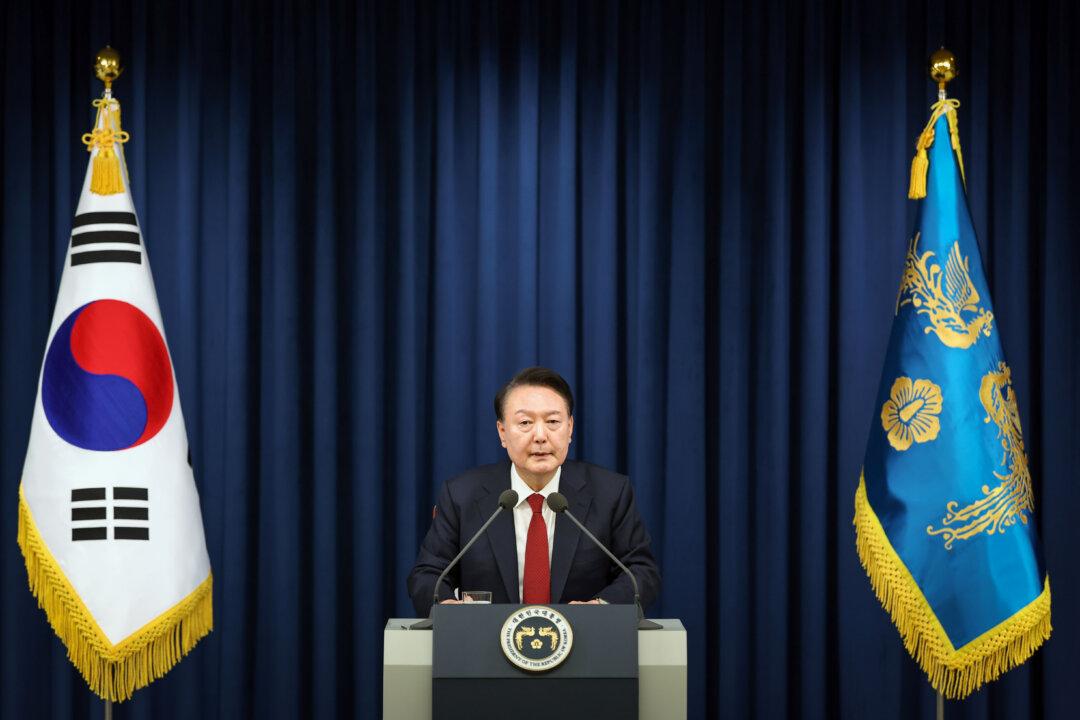South Korean opposition parties submitted a bill to impeach President Yoon Suk Yeol after he imposed a short period of martial law, during which troops were ordered to secure the parliament building on Dec. 3.
Yoon said that martial law was needed to protect the free constitutional order and because the opposition—which has a majority in the nation’s unicameral National Assembly—was allegedly paralyzing state affairs and sympathizing with North Korea.





